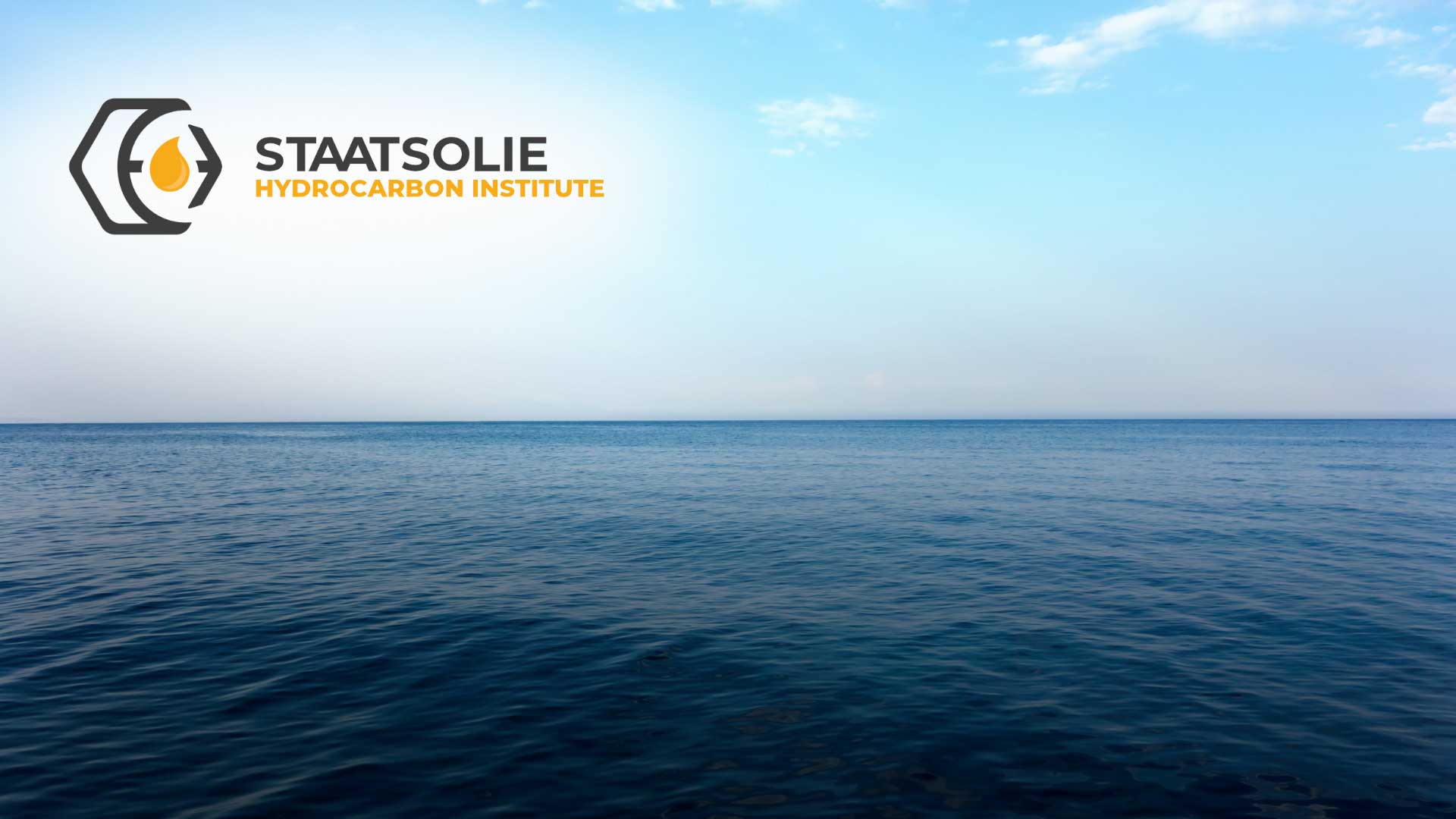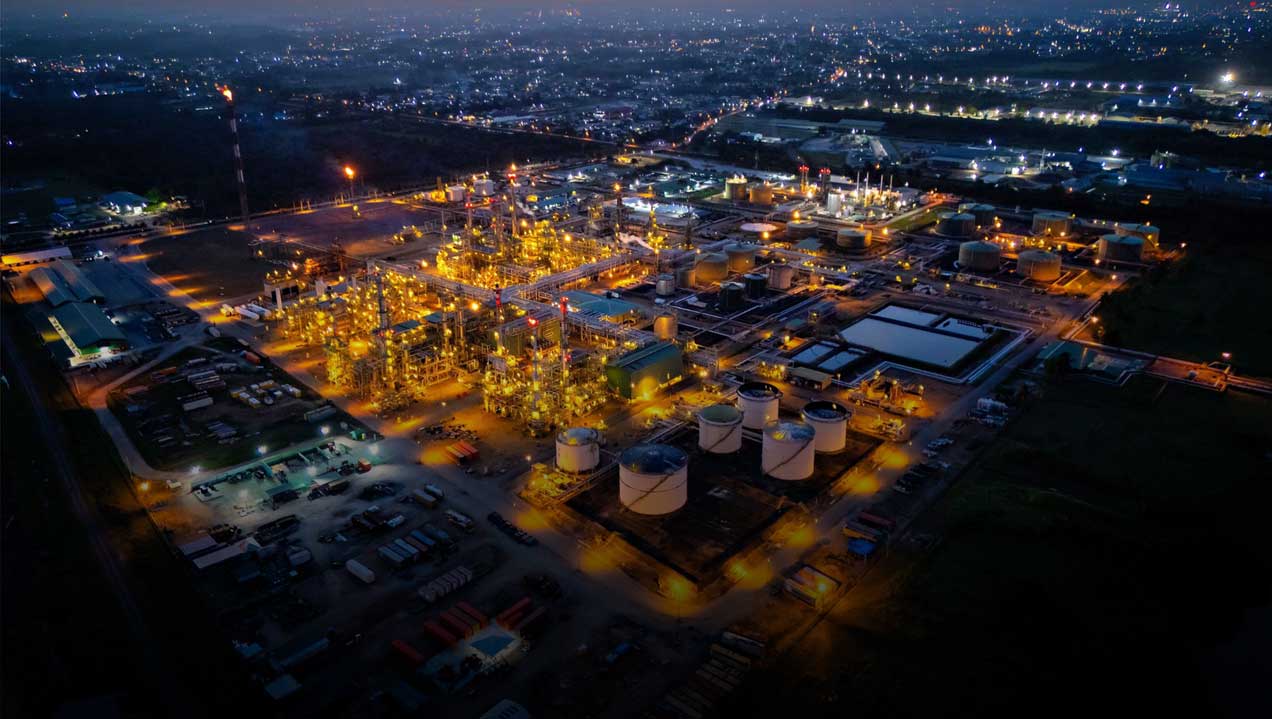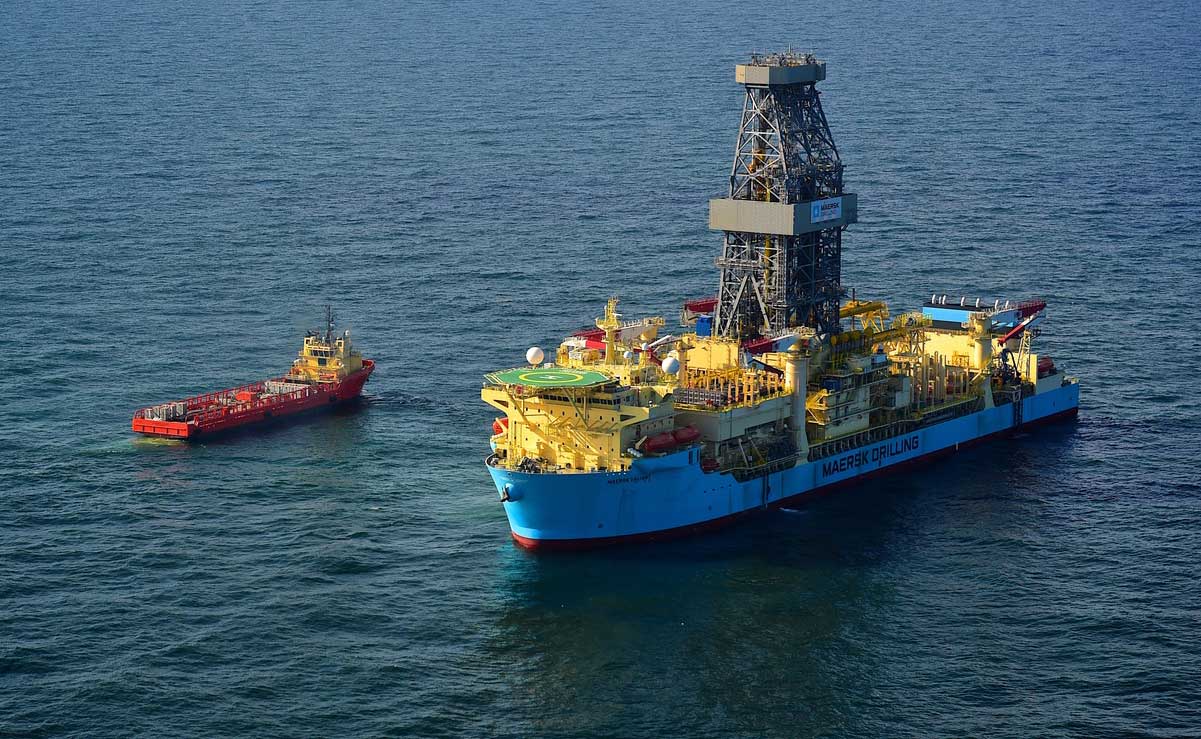
Staatsolie Hydrocarbon Institute N.V. (SHI), a 100% Staatsolie subsidiary, fulfills the regulatory role with respect to the petroleum industry in Suriname. In this role, SHI manages the contracts with and oversees the Petroleum Operations by international oil and gas companies in Suriname, to maximize the value of hydrocarbon resources in our basin.
Exploring and developing Suriname's hydrocarbon resources requires a comprehensive understanding of the legislative framework, geological landscape, and available data. To delve deeper into these aspects, explore the following sections on legislation, geology, and data.

In line with the petroleum law and Production Sharing Contracts (PSCs), local suppliers of goods and services and qualified local workforce are given preference in the execution of petroleum operations. To increase the capabilities of local suppliers and the local workforce, Staatsolie executes multiple projects under its Local Content Development program.

Community projects funded by IOCs as part of their obligations under Production Sharing Contracts.

If you want to offer goods and services to the Surinamese offshore oil and gas industry, please register your business on the Supplier Registration Portal.

All PSCs are and will be concluded based on and in accordance with the Petroleum Law of Suriname. According to the Petroleum Law (Official Gazette 1991, No. 7, and the Amendment of the Petroleum Law 1990), Staatsolie is authorized to enter into petroleum agreements with qualified petroleum companies after government approval.
The fiscal terms consisting of 6.25% royalty, profit oil distribution, and 36% income tax result in a government take for Suriname of 60-70% (after costs), depending on the oil price. Suriname's favorable position has been confirmed through benchmarking with other countries such as Guyana, Brazil, and Angola.